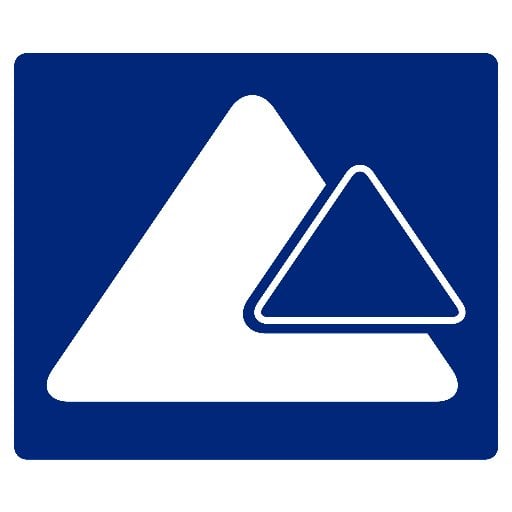
10:40 AM, 28th May 2019, About 5 years ago
Text Size
On 1st June, The Property Ombudsman (TPO) scheme’s updated Codes of Practice will become effective. The revisions are substantial, and incorporate the Tenant Fees Act, Client Money Protection and GDPR requirements.
Key revisions to the Lettings Code include:
Tenant Fees: The Code reflects changes imposed on agents by the Tenant Fee Act 2019, with new sections on holding deposits and the fees which are permissible under the Act.
Tenancy Deposit Replacement Products: A further update takes into account the emergence of tenancy deposit replacement products, putting the onus on agents to clearly explain the potential advantages and disadvantages of that product prior to tenants and landlords committing themselves.
Client Money Protection: The Code also reflects the requirement to belong to a CMP scheme and to display the CMP certificate in agents’ offices and on websites.
England Only: TPO Code of Practice for Residential Letting Agents is now an England only Code. The current 2016 Lettings Code will continue to apply to Wales and Northern Ireland until such time as Welsh tenant fee legislation becomes effective.
Katrine Sporle, the Ombudsman, comments: “We have carried out the largest consultation yet on the codes and are extremely grateful to all of the parties who have contributed to the process. With CTSI’s approval, consumers and agents can be confident that the Codes reflect both market developments and the significant legislative changes that have occurred over the last 12 months. As the industry changes at such a rapid rate, it is necessary to release new versions of our Codes to help agents understand their responsibilities and reduce the potential for consumer detriment to occur. Given these extensive changes, we have taken the decision to double the number of agent workshops at our annual Conference and will focus delegates attention on pre and post fee ban and code change cases.”
There have been numerous revisions to the Codes, all of which can be seen on the change documents available here. Common changes across all the Codes of Practice include the requirement for members to display the TPO logo prominently on their emails, any other digital communications and marketing material. This is in addition to the existing requirements to display the logo in the window of offices and on agents’ websites.
Based on NTSEAT’s guidance, which considers the Consumer Protection from Unfair Trading Regulations 2008, a requirement to disclose referral fees is now an obligation within the Codes to make previously hidden costs open and transparent to consumers.
Under market appraisals, advice obligations have been strengthened to require agents to explain both the benefits and disadvantages of their recommended method of transaction at market appraisal stage, for example, modern auctions or guaranteed rent schemes.
TPO consulted with 44 different organisations and individuals during the review process. The Ministry of Housing, Communities and Local Government (MHCLG) and The National Trading Standards Estate Agency Team (NTSEAT) provided a technical review of the lettings and sales codes respectively. Along with the Scottish Sales Codes, they were then scrutinised and approved by CTSI. The new Codes are available on TPO Codes page which will soon be revised to include a facility to put forward requests for future changes to the codes.
Key revisions to the Sales Code include:
Leasehold, commonhold & managed freehold disclosure: Agents’ obligations to request and divulge information relating to leasehold have been widened. If material information on the tenure is not known, this should be made clear to the consumer at the outset of marketing.
Dual Fees: In relation to the potential risk to sellers of being charged two commission fees when they sell their property, transparency obligations have been updated and expanded together with a definition of effective introduction in the glossary.
Key revisions to the Lettings Code include:
England Only: TPO Code of Practice for Residential Letting Agents is now an England only Code. The current 2016 Lettings Code will continue to apply to Wales and Northern Ireland until such time as Welsh tenant fee legislation becomes effective.
Tenant Fees: The Code reflects changes imposed on agents by the Tenant Fee Act 2019, with new sections on holding deposits and the fees which are permissible under the Act.
Tenancy Deposit Replacement Products: A further update takes into account the emergence of tenancy deposit replacement products, putting the onus on agents to clearly explain the potential advantages and disadvantages of that product prior to tenants and landlords committing themselves.
Client Money Protection: The Code also reflects the requirement to belong to a CMP scheme and to display the CMP certificate in agents’ offices and on websites.
All other Codes including, Scottish Sales, Buying Companies, Buying Agents, Commercial and Business, have been updated in line with legislation and best practice obligations.
TPO will apply the new Codes of Practice when reviewing consumer complaints about events that have occurred after 1st June 2019 to ensure consistent advice, guidance and decision making is applied to both Agents and Consumers which raises standards and reduces consumer detriment.
TPO’s annual Conference is being held on 10th July at the National Conference Centre, Solihull. Book Tickets Here
To view the updated Codes of Practice visit: https://www.tpos.co.uk/members/codes-guidance
Previous Article
Is purchase Stamp duty exempt due to being uninhabitable?